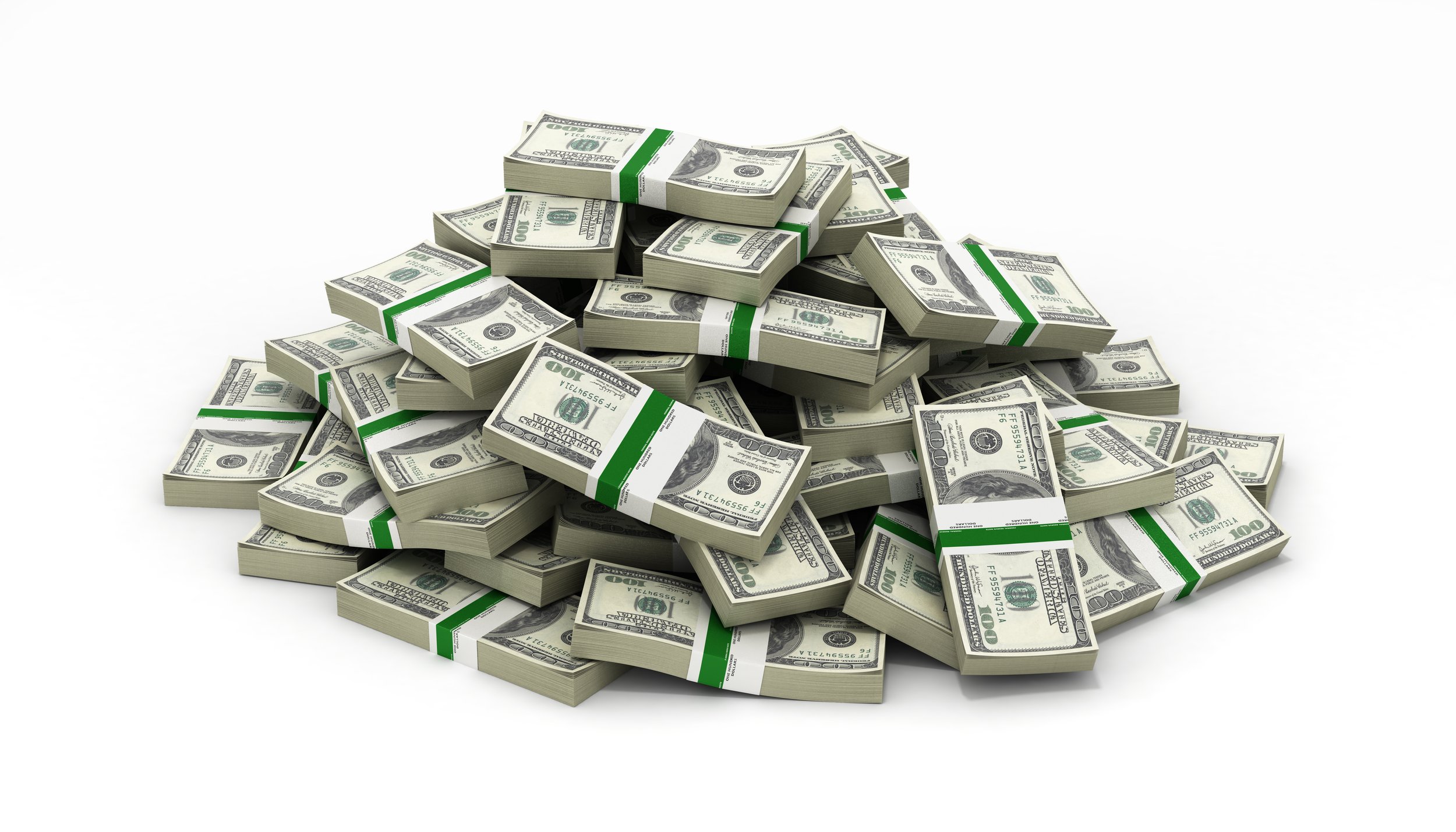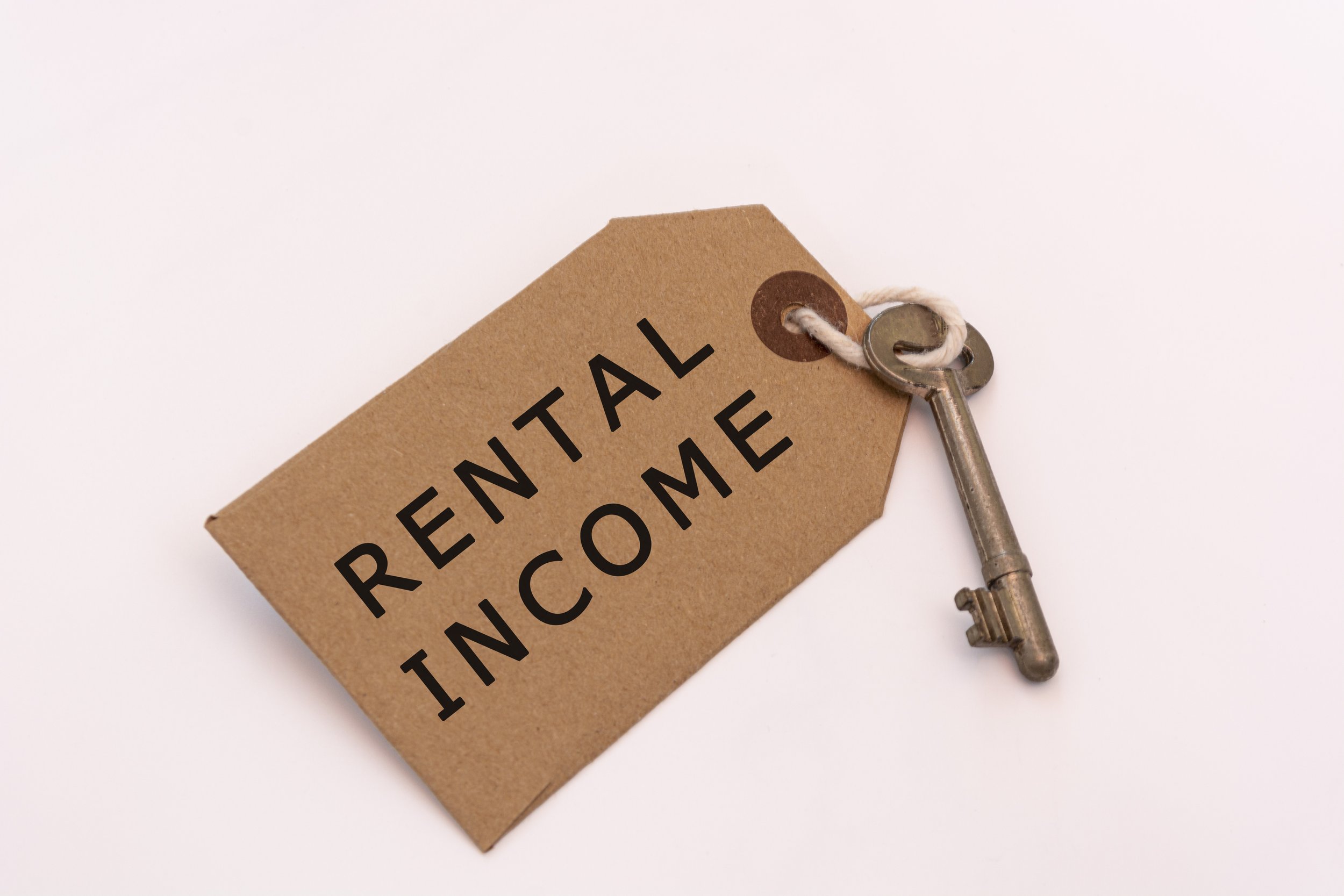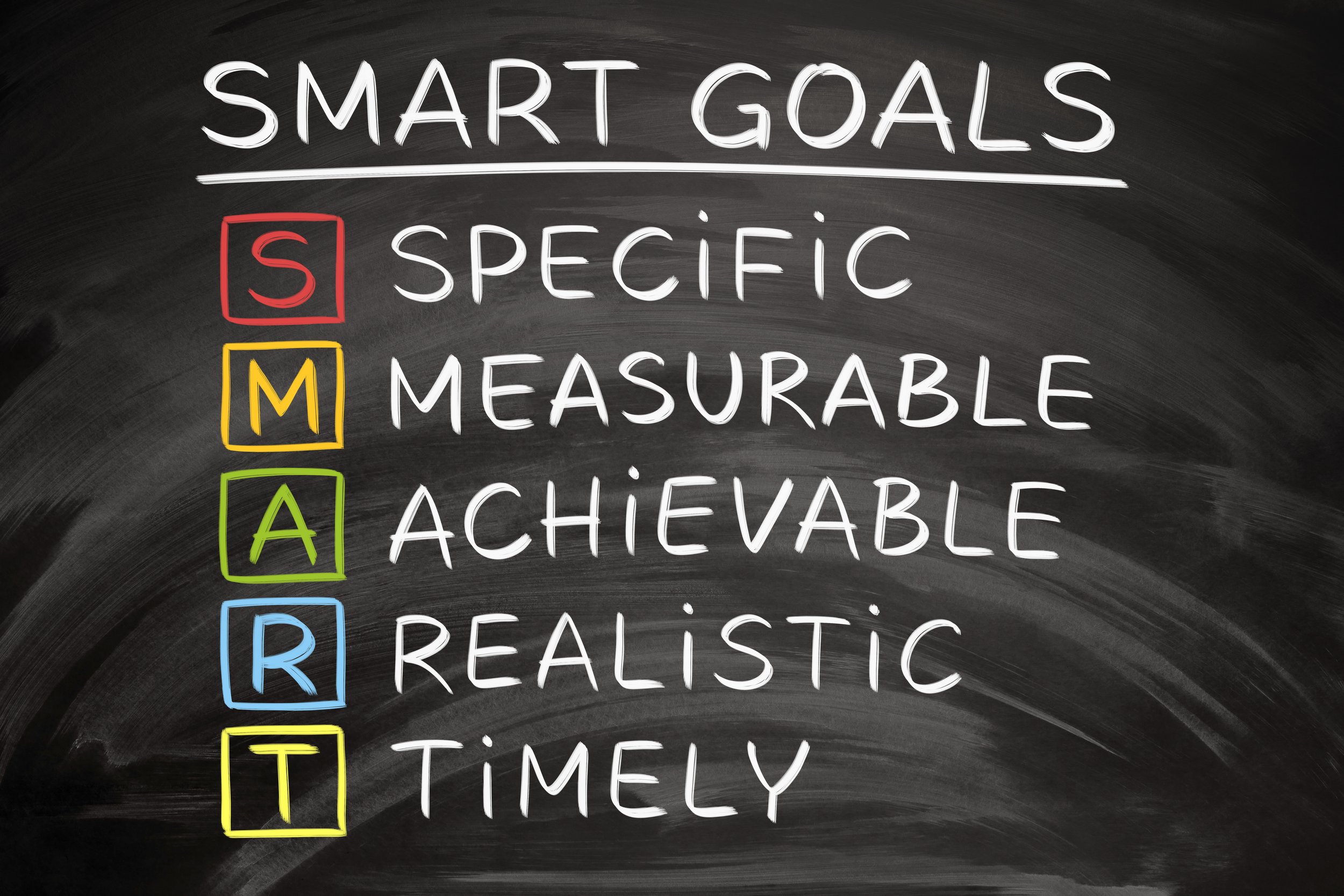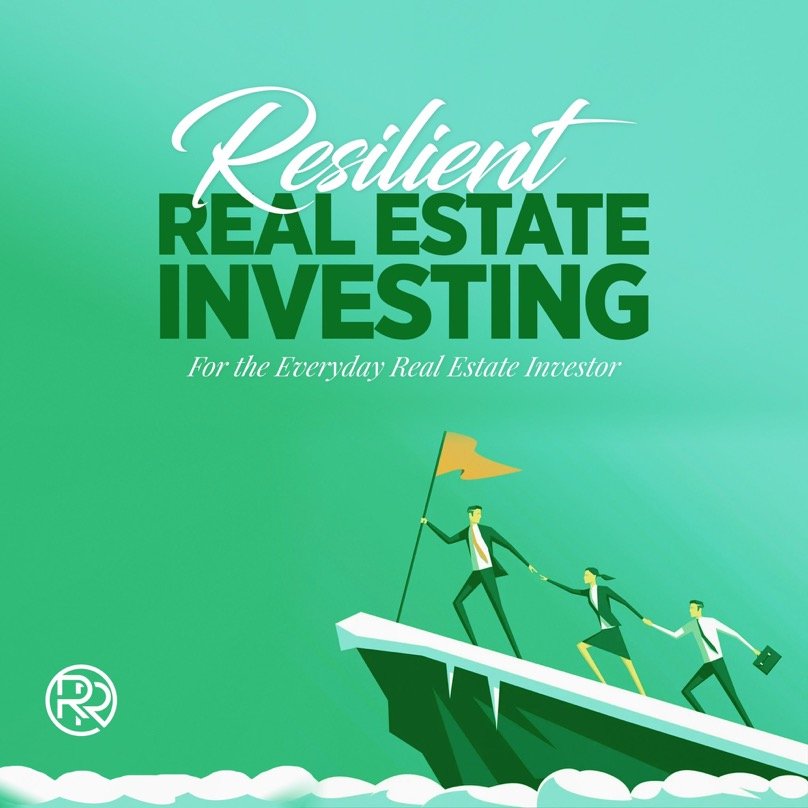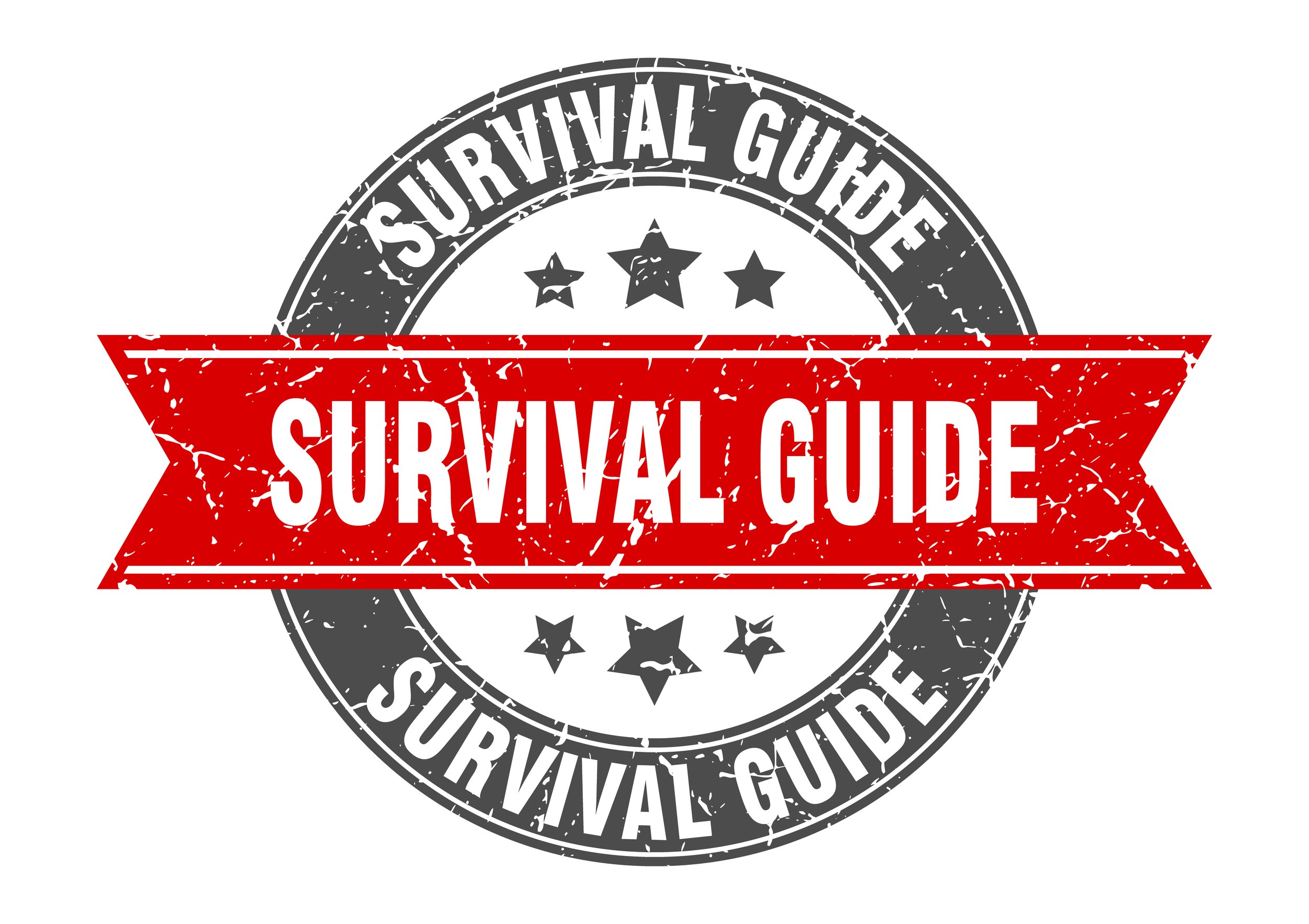The Lost Decade: How’d Investors Really Do & What Happens If We Are Headed Into Another Lost Decade
Sometimes if feels like money is just blowing away
Intro
Investing hasn’t always been an easy road. While recently the United States has seen a phenomenal bull market, the 2000s had one of the worst bear markets we’ve seen in history. Not once, but twice, this decade had a dip of over 50 percent during the Great Recession (2007-2009) in the S&P 500. Historians now refer to this period in history as the Lost Decade.
But what can the Lost Decade teach us about investing? With 2022 starting off as one of the worst years for investors in over 50 years. Leading many investors to question could this bear market end up causing another lost decade? It’s a valid concern! While we can’t predict the future we can learn from the last Lost Decade to find out how to best manage this new investing climate.
What Was The Lost Decade
The Lost Decade was brought about by two major recessions, according to the National Bureau of Economic Research: The Dot Com Recession in 2001 and The Great Recession from 2007 to 2009.
Since the decade was bookended by these two recessions, many investors ended with the same or less than the money they put in at the beginning of the decade losing out of a decade of expected returns.
The Dot Com Recession:
While this one of America’s less severe recessions and only lasted 8 months, it set the tone of the decade for the 2000s. Unemployment peaked at 5.5 percent, and GDP declined by 0.3 percent. It’s speculated that the September 11 attack hastened the end of this recession.
Great Recession:
The Great Recession is one of the most devastating recessions in recent times. Brought about by the housing bubble in 2006 and 2007 and the subsequent crash starting at the end of 2007, The Great Recession caused a global stir. It lasted 18 months and the GDP declined by 4.3 percent. Unemployment skyrocketed to 9.5 percent. (side note this is when I was entering the job market after graduating college, it was an extremely challenging for job seekers, especially those with limited work experience)
Dollar Cost Averaging through The Recession
During these two recessions, smart people kept investing. Good financial advice is to keep investing during recessions, but not to put in lump sums. Instead, you should dollar cost average which means your investing a similar amount of money on a regular schedule such as weekly, bi-weekly, monthly, etc.
However, investing during the Lost Decade is interesting because investors who started investing in the 2000s did not see their returns until much further along.
Does this mean that one shouldn’t invest during a recession? No. Even in the 2008 crisis, where the S&P 500 dropped 57 percent investors that stayed the course ultimately came out ahead, eventually.
Not every index fund faired as badly. And investors that kept and held came out ahead compared to those who switched their investments based on past performance, according to Merriman.
After the Lost Decade ended, the S&P 500 showed nine strong years of returns in which investors made back their money in droves. Investors who had DCA’d thru the Lost Decade did exceptionally well with large holdings of stocks and funds purchased at steeply discounted prices.
Dividend Bonus – What The Charts Don’t Show
Dividend investors faired better during the Lost Decade and were able collet profits from companies in the form of dividends and reinvest that cash back into the markets when things were inexpensive. In fact according to Forbes, dividends soared during the 2008 crisis, making those that invested in dividends during The Lost Decade profit over those who did not.
So how much of a difference did dividends make over this period if you reinvested your proceeds? Using the S&P500 as a reference the difference dividends reinvested is significant
Total S&P500 returns 2000 – 2012 were 4.66% (not much)
Total S&P500 returns 2000-2012 with Dividends reinvested 32.53% (Enough to keep up with inflation!)
For Charts checkout this article by Novel Investor
Investing During A Recession
Despite the dream that every investor has about living continuously in a bull market, as the first part of 2022 has shown us every market is going to eventually dip. In a sever dip caused by a recessions, the overall dip affects investors in almost every industry.
The good news is there are things that you can do to prepare your portfolio for a recession
1) Buy & Hold
This is probably the most important investment advice you can take hold of during a recession. The number in your portfolio isn’t permanent unless you cash out your stocks. Otherwise, it’s just what I like to call a “pretend” loss. You haven’t lost anything if you don’t sell anything. It’s important to keep this in mind when heading into a recession. With this mentality, you’ll be able to ride the downward trends because you know it won’t be like this forever.
As the saying goes “Buy Low Sell High” in a recession things are priced low you’d better by a buyer and not a seller!!!
2) Invest In Index Funds
Index funds are a great investment when you’re in a recession. Since Index funds hold many companies inside them your portfolio is sheltered from a total lost on a position if any single (or multiple) company goes out of business due to tough economic conditions.
These index funds will go down with the overall market - but you won’t get wiped out positioning you well to capture the gains that a bull market offers after the recession has ended.
My personal favorite Index fund is ticker Symbol VTI this is a total market US index fund. It is a solid broad based fund that serves as the foundation of my own portfolio.
3) Invest in dividend stocks
Dividend stocks are what kept a lot of people afloat during the last recession. A dividend stock pays out money to the owner depending on the profits of the organization. There are dividend stocks for just a single company as well as dividend funds which are funds that focus on a collection of dividend paying companies, these funds tend to be less volatile than owning any individual stock.
My favorite dividend funds are ickers SPYD (Pays Quarterly) and SPHD (Pays Monthly) there are many other good options out there as well.
4) Look for companies that have recession proof business models
Companies with competitive motes, pricing power, and a loyal customer bases fit this category, and example would be Coke (KO). Some sectors do betters than others thru a recession as well such as consumer staples, food products, utilities, and other necessity that consumers will still be purchasing. Sectors such as Tech, luxury brands, and travel typically don’t do as well as they get cut when consumers tighten up their budgets. There are certain sectors that do better than others during a recession. Do your research and see which industries are trending well during the recession. Look for companies and industries that have low debt, consistant profitability, strong balance sheets, and positive cash flow.
5) Look At The Bond Market
I know bonds are boring and over the past 30 years haven’t paid much. But have you looked lately? Bonds are actually starting to pay real returns again! For example Government I-Bonds are paying 9.62%! (Variable). there are even some decent fixed rate bonds in the corporate world paying 6-7%. US 30 year treasury bonds are probably the safest and at the time of this writing are paying 3% (likely to go up as FED raises rates
I’m not saying bonds are the best investment but in a period of uncertainty it is a way to park money you want to earn some return on without some of the downside risks of stock market.
I personally have some I-Bonds I know the rate is variable but for shorter term 1-5 year investment it’s hard to beat.
6) Don’t Panic
Regardless of which direction you go in your investing, remember investing is a long game. Smart investors don’t change their plan during a recession because they know that recessions are part of natural market cycles and will eventually recover. This helps keep them from panicking. Panicking is the worst thing you can do because instead of executing on your plan you’re acting with emotion. If you panic, your likely to sell at the worst possible time locking in losses which is the opposite of what we hope to do when investing.
Conclusion
Looking at Lost Decade teaches us a lot about what to expect heading into the next recession and gives us some tips on what winning strategies are such as DCAing thru the dip, sticking to Index or dividend funds, and the power of reinvesting dividends in a down market when we get discounts on our investment purchases.
The most successful investors go into a downturn with a plan and followed simple strategies such as the ones listed above.
Make sure you Join our Community so you don’t miss out on future updates!










